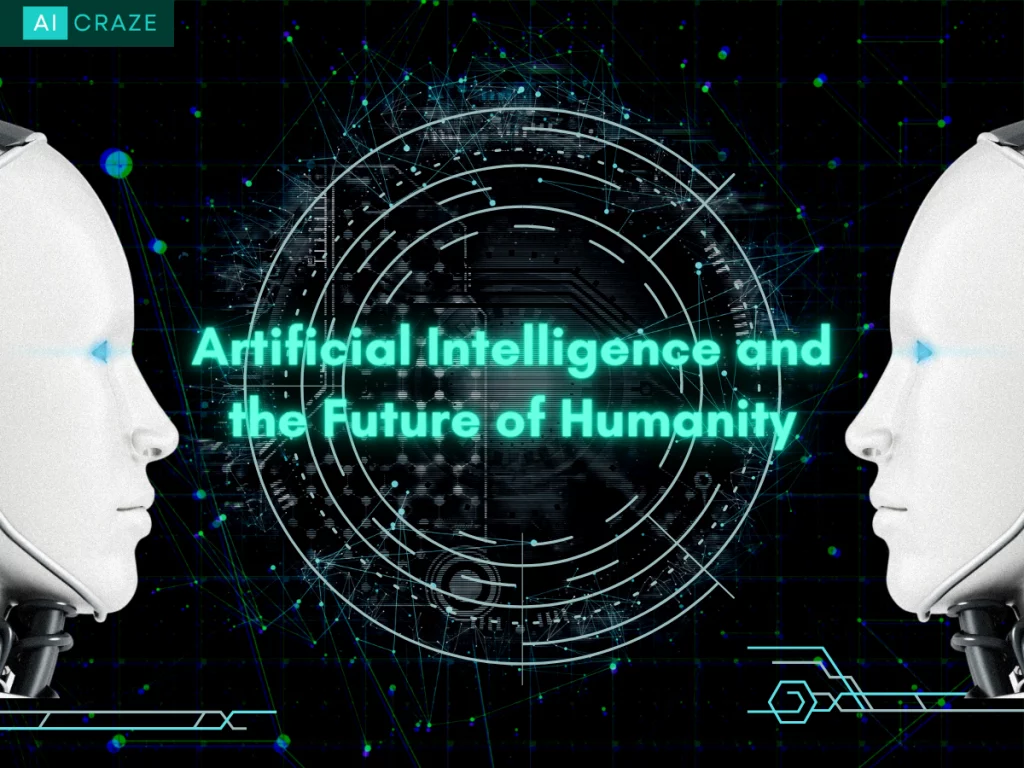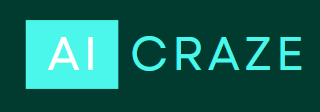
Artificial Intelligence (AI) has become a buzzword in the technology industry, with companies investing heavily in the development of AI systems. As AI advances, it is poised to transform the world as we know it. Artificial Intelligence and the Future of Humanity have been a topic of discussion for years. In this article, we will explore what are the AI predictions for the future of humanity that will change our lives and how we can ensure a safe future of AI.
AI Predictions
The future of AI and its impact in different fields that will change human life is a topic of much debate and speculation. With experts and futurists making bold predictions about what lies ahead. Here are some of the most commonly cited predictions for Artificial Intelligence and the Future of Humanity.
- AI will become more human-like
One of the key goals of AI research is to create machines that can reason, and understand natural language. And can also make decisions in a way that is similar to humans. As AI algorithms become more sophisticated and data sets become larger. We can expect to see AI systems that approach human-level performance in these areas. It is one of the most important AI predictions for the future. It has positive impacts but it can be dangerous for humans. For example, there are some AI tools that have the ability to adopt human nature like how we talk or chat with people. These tools access your phone and analyze your data to behave like you.
- AI will transform the workplace
Advances in automation and AI will transform many industries, from manufacturing to finance to healthcare. As AI systems become more capable of performing tasks that were previously done by humans. We can expect to see significant changes in the workforce. Some jobs will become obsolete, while new jobs will be created to support the development and maintenance of AI systems. This AI prediction will change human lives because jobs will be gone. For Example, Chatgpt is a tool that can write for you and it can answer your question. So, by its development, the jobs of content writers are at risk.
- AI will improve healthcare
AI has the potential to revolutionize healthcare by enabling more accurate diagnosis, more personalized treatment plans, and more efficient healthcare delivery. AI systems can analyze large amounts of medical data to identify patterns and relationships. These might be missed by human doctors and can help predict which treatments are likely to be most effective for individual patients. This AI prediction will change the whole healthcare system of the world. Doctors will be able to treat people in a better way.
Note: You can also read Artificial Intelligence In Medicine: Today And Tomorrow
- AI will enhance education
AI systems can help personalize learning for individual students by analyzing their learning styles, strengths, and weaknesses. AI can also help teachers identify areas where students are struggling and provide targeted feedback and support. This AI future prediction has a huge positive impact on the education system.
- AI will have a significant impact on transportation
Autonomous vehicles are just one example of how AI will impact transportation. We can use AI algorithms to optimize traffic flow, improve safety, and reduce emissions. We can also use AI to improve logistics and supply chain management, making transportation more efficient and cost-effective. This AI future prediction will make the transportation system more advance and comfortable.
- AI will transform entertainment
AI has the potential to transform the way we consume and interact with media. Like from personalized recommendations to intelligent virtual assistants. We can also use AI to create more immersive gaming experiences and to develop more realistic visual and audio effects. This AI prediction will change social media and make it more advanced.
- AI will continue to raise ethical and social questions
As AI systems become more powerful and more ubiquitous, there will be a need for greater regulation and oversight. Questions of data privacy, bias, and accountability will become increasingly important, and there will be a need for greater transparency and ethical considerations in the development and use of AI systems.
- AI will contribute to scientific breakthroughs
We are already using AI to make significant contributions to scientific research. Like from identifying new drug candidates to predicting the behavior of complex biological systems. As AI systems become more capable of analyzing and understanding complex data sets. We can expect to see even more scientific breakthroughs in the years to come. This AI future prediction will make scientific research easier.
- AI will have a significant impact on the economy
The widespread adoption of AI will have a significant impact on the economy, from the creation of new jobs to the disruption of traditional industries. The development of AI systems will also require significant investments in research and development, infrastructure, and education.
Ensuring a Safe and Responsible Future for AI
As AI (Artificial Intelligence) becomes more prevalent in our daily lives, it’s essential to ensure that people use it in a safe and responsible manner. Here are some key steps that can be taken to ensure a safe and responsible future for AI:
- Regulation and oversight:
Governments and industry organizations should work together to develop regulations and standards for the development and deployment of AI systems. These regulations should take into account ethical considerations. Such as ensuring that we can use AI to benefit society as a whole and not just a select few.
- Collaborating with experts in the field:
AI is a complex field, and it’s important to bring together experts from different disciplines to ensure that AI systems designed and implemented in a responsible manner. Collaboration between computer scientists, ethicists, social scientists, and other experts can help to ensure that we can use AI in a way that benefits society as a whole.
- Ensuring transparency in AI systems:
Developers should design AI systems to be transparent so that users can understand how they work and make decisions. This is particularly important in applications such as healthcare and criminal justice. Where the decisions made by AI systems can have a significant impact on people’s lives.
- Education and awareness:
Education and awareness are essential to ensuring a safe and responsible future for AI. Government should inform the public about the potential benefits and risks of AI. So that they can make informed decisions about its use.
- Addressing bias:
AI systems are only as unbiased as the data they are trained on. Therefore, it’s important to ensure that developers train AI systems on diverse data sets. Developers should take these steps to identify and address bias in the data. This will help to ensure that AI systems are fair and do not perpetuate existing biases.
Conclusion
AI is already changing our lives in significant ways, and the impact of this technology is only going to increase in the future. While there are certainly concerns about the ethical and social implications of AI. There is no doubt that this technology has the potential to bring about many positive changes in our lives. Ensuring a safe and responsible future for AI will require collaboration between governments, industry organizations, and experts from different disciplines. By developing regulations and standards, promoting transparency, addressing bias, and raising public awareness, we can harness the power of AI to benefit society as a whole. I hope you understood the relationship between Artificial Intelligence and the Future of Humanity.


Excellent blog post. I certainly love this website. Keep it up!